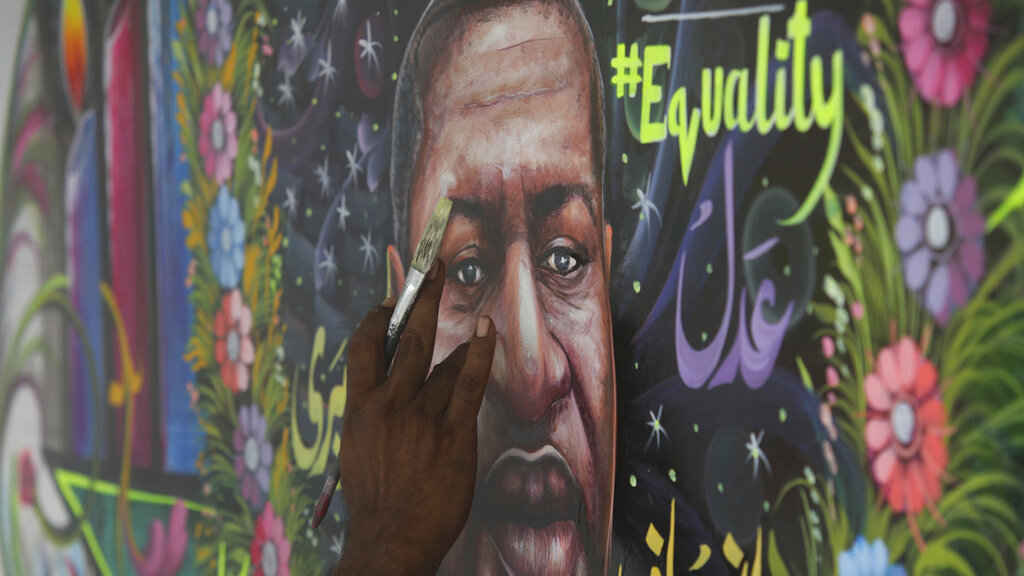Guilty. Guilty. Guilty. A former defence lawyer celebrating these three verdicts shows how extremely unjust, unreasonable and unlawful the actions of the police officer, Derek Chauvin, were when he arrested and then murdered George Perry Floyd in broad daylight, in plain view, and on camera on the streets of Minneapolis, Minnesota on May 25, 2020.
As I began my legal career many years ago, representing indigent defendants in Minnesota, I saw how racist many police officers were. I saw a pattern of abuse of power. And I saw how this abuse steadily stripped my mostly black clients of hope, faith in the justice system and the prospect of having anything resembling a normal life.
Driving-while-black cases were part of my daily workload. Rogue cops would even lie in wait for some clients, stopping them on flimsy pretexts, and always padding up charges with an ‘obstructing legal process’ to scare them. Clients could barely hang on to hard-to-come-by jobs if they wanted to go to trial instead of pleading to a lesser charge that either started their criminal record or added to their criminal record. Going to trial meant repeatedly showing up for court dates. And there was always the chance that the judge would punish you for going to trial and give you the stiffest sentence recommended by the prosecutor if you were found guilty.
The system quickly corroded my soul and I became disenchanted with the lofty notions of justice that I had once held. I had also had enough of the jangle of keys in jails, the smell of the human cages, and the lunch trays — sad and gray or brown, mute witnesses to those who came and went through those bars as well as to the many who would be back. I did not want more clients offering to share their lunch with me while I spoke to them about their case in a cage.
Most people go through life having to never encounter the criminal justice system or know what it is like to be incarcerated or to be in a family where you are forever hustling for money to pay for someone’s bail or lawyer. The system is a murky mire — even a quicksand — for young black men. For George Floyd, like so many others, it was an early grave.
I am so proud of my friend and brother, Keith Ellison, who stepped up to the plate, dug in his heels, and did the best possible job he ever could realizing that this was a now-or-never moment in his life. It’s as if he had been preparing for this moment his whole life. There could not be a more perfect murder at the hands of a police officer, there could not be a better documented murder at the hands of a police officer, to expose systemic racism.
Seeing Derek Chauvin being handcuffed and then swiftly led away to jail marks a turning point in America that begins in Minnesota.
Minnesota lost one of its best sons, the former vice-president, Walter Mondale, recently. Jane Mayer’s remembrance in The New Yorker highlights how he spoke the hard truth and how that cost him the election. Mondale was also the first man to choose a woman as a running mate in his bid for president of the United States of America. Now, we have for the first time in the history of the US — from Minnesota — a jury that spoke the hard truth to begin the process of setting things right. A Minnesota jury is the first to find a white police officer guilty of murdering a black man with impunity. This accountability gives us a ray of hope that justice is perhaps still attainable. If this moment is not grasped and appropriate reforms not undertaken to prevent police brutality and racially-motivated murders, America may be headed for the worst unrest it has ever seen.
The author is a former public defender in Minnesota










